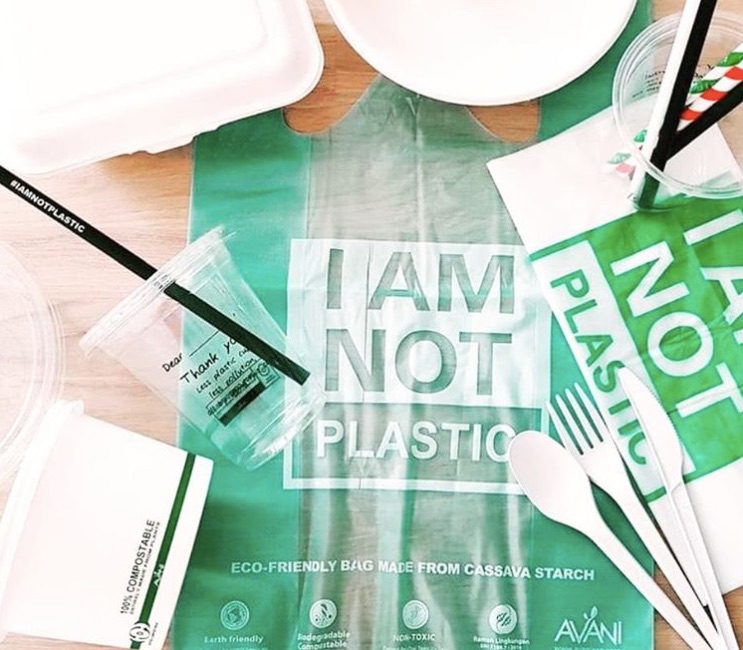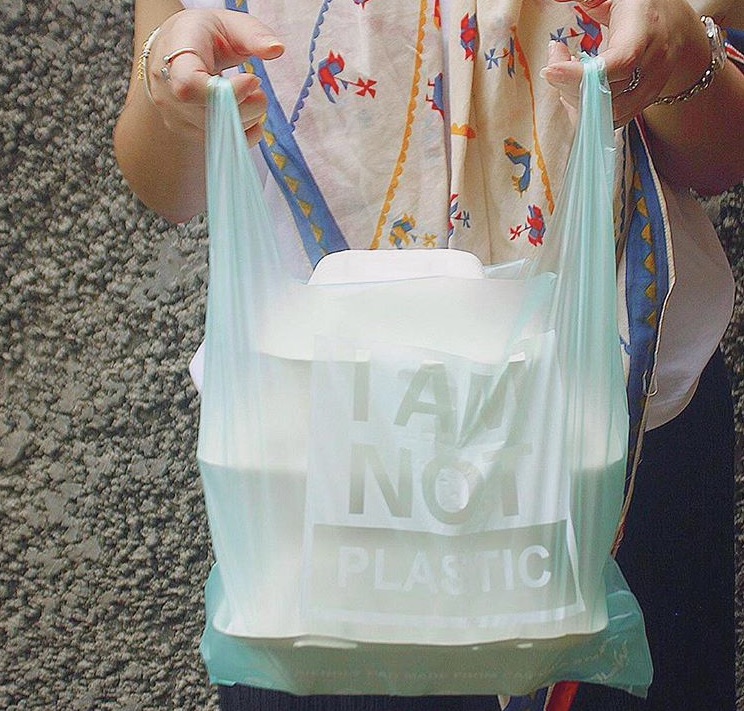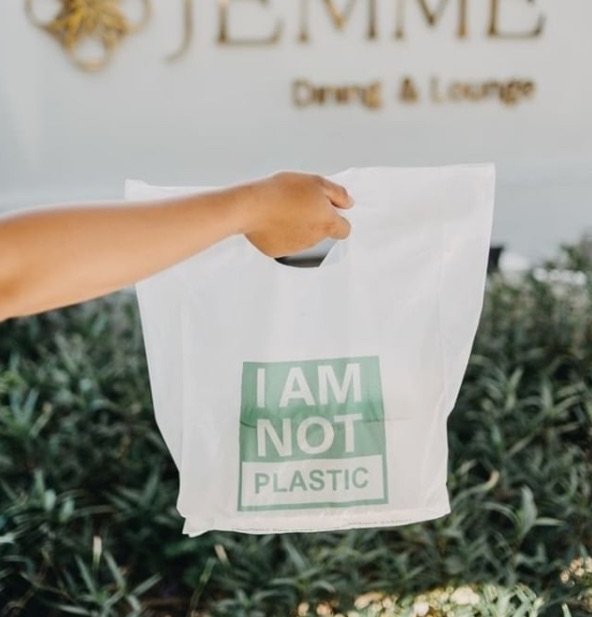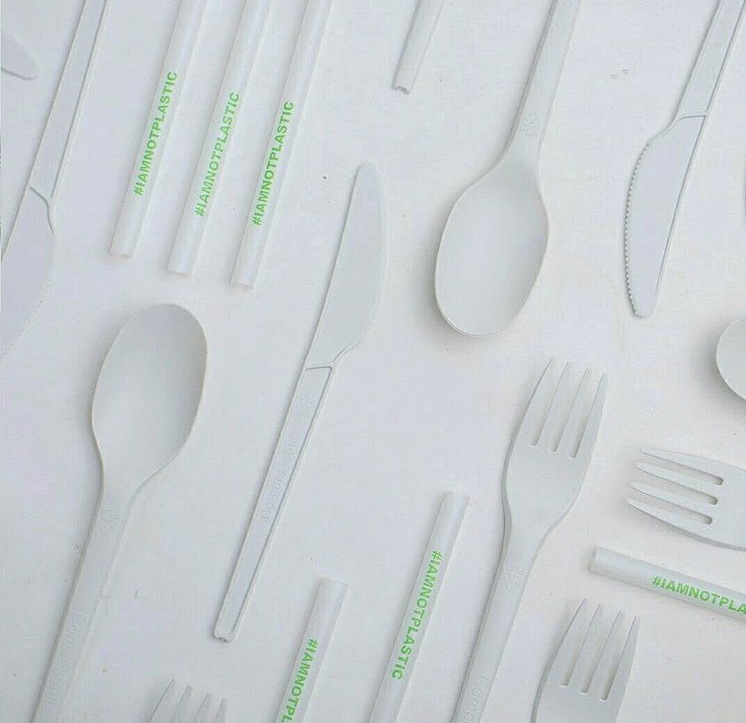
That we ought to reduce our plastic consumption has become common sense by now. However, it seems to be awfully difficult to carry out. It has become so deeply integrated into every aspect of society that now that we are starting to live with the consequences, we just don’t know how to get rid of this harmful thing we call plastic.
Bags against pollution
However, with new ideas like these yucca-based biodegradable bags we are certainly taking a step in the right direction. Kevin Kumala came up with this innovative idea. It occurred during one of his trips to his home country: Bali. He noticed the enormous amounts of plastic that end up at the beaches, not only in Bali, but everywhere around the world.

Kumala’s journey
From then on, the biologist started seeking for a solution to replace these plastic bags that have become so usual in our daily lives. However, the journey he would have to go through would definitely not be an easy one.
He did not only want these new bags to be biodegradable, he also wanted to make sure that, in case they did end up in the sea, they wouldn’t harm marine fauna.
A clever solution

He found yucca starch bags to be the perfect solution for the plastic problem. What Kumala accomplished went further than just bags that biodegrade at a fast pace: he managed to make his invention eatable for fish, meaning they would not only not cause any harm, they would also feed marine wildlife.
Yucca bags
Kumala chose the yucca veggie to be the protagonist of his invention because of his own roots. Indonesia cultivates over 25 million tons of yucca every year. This is why yucca seemed like the perfect candidate for the job. Once the biologist chose the material he wanted to work with, he went onto copying the manufacturing process of regular bags.
More than bags

The result of Kumala’s investigation was a bag that would turn into compost in only 100 days, that dissolves in warm water and is as cheap as 5 dollar cents. This project, if all goes as planned, will reach other countries in no time.
However, Avani Eco did not want to limit themselves to just “plastic” bags: they have already started creating all sorts of plastic replacements in other areas like food recipients or cutlery.
Images: Avani Eco
